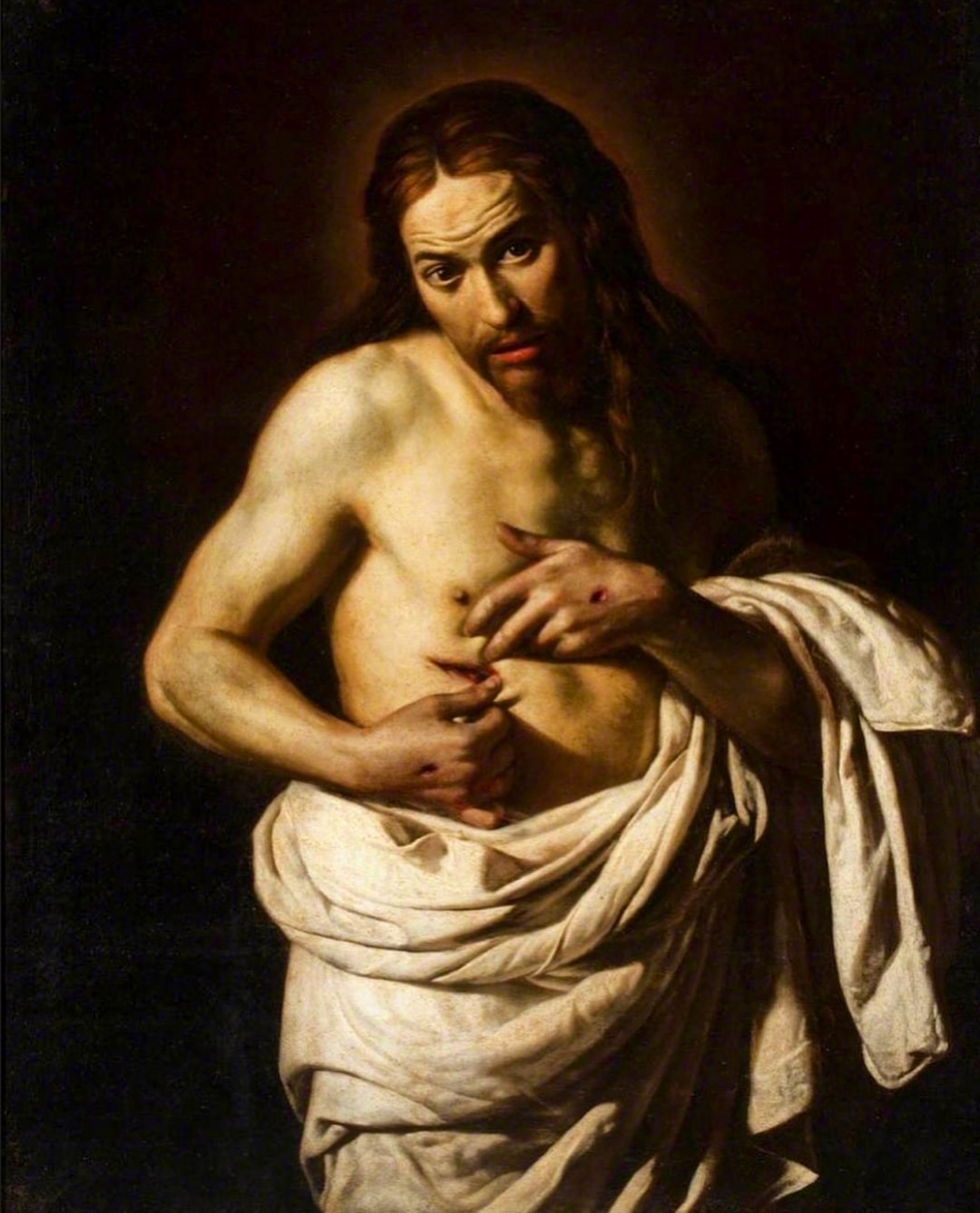
Jn. 20: 19-31
“All grace flows from mercy, and the last hour abounds with mercy for us. Let no one doubt concerning the goodness of God; even if a person’s sins were as dark as night, God’s mercy is stronger than our misery. One thing alone is necessary; that the sinner set ajar the door of his heart, be it ever so little, to let in a ray of God’s merciful grace, and then God will do the rest.” (No. 1507)
Today we commemorate Divine Mercy Sunday. The entire salvation story has only one message, which is the divine mercy which we read in Jn.3:16: “For God so loved the world that he gave his only Son, so that everyone who believes in him may not perish but may have eternal life.” Each and every word and deed of Jesus during his public ministry revealed to us the depth and breadth of divine mercy. Jesus had crystal clarity concerning his mission. “I have not come to call the righteous but sinners to repentance.” (Luke 5:32) Jesus did not distance himself from the so called sinners such as tax collectors, prostitutes, etc. He fought against sin and its influence without any compromise. However, he held the so called sinners close to his heart; the call of Matthew, the tax collector, Zacchaeus, another tax collector Jesus encountered, the woman who was caught in adultery, etc. are a few examples wherein Jesus became the human face of divine mercy.
In today’s gospel, we see the post resurrection account, wherein we see the typical examples of divine mercy performed by the risen Lord. Jesus had ample reasons to abandon his apostles and other disciples because they all abandoned him in his crucial moments. Jesus could have chosen another set of disciples instead of them, who neither understood his teaching nor stood for it. The interesting fact is that they tend to abandon him even after his resurrection appearance; we see in the gospel of John that Peter and company had gone back to their old profession of fishing, forgetting their commission to become fishers of men. Even then, the Lord never abandoned them. He goes in search of them.
As soon as Jesus appears, he greets them with peace because they were terribly afraid of Jews, thinking that they would be executed soon for being Jesus disciples. He tries to make them comfortable in his presence. It is quite natural that when a dead person comes to life, everyone would be terrified. He shows them his wounds on his hands as well as his pierced side. Commission them again for the mission and give them the Holy Spirit to understand all that is written about him in the Scripture. Then he gives them divine authority to forgive sins, which only God can do. Handing over this divine power to fragile and weak human beings testifies to the greatness of Divine Mercy.
Thomas was not there with the other apostles when the risen Lord appeared to them. The rest of the disciples shared their testimony with Thomas. He was not ready to accept it without a personal encounter with the risen Lord. Jesus could have easily neglected his request. He need not satisfy Thomas with his appearance at all, because after all, Thomas exhorted the other disciples to go and die with him. Anyway, he abandoned his master when he encountered death. We see Jesus inviting Thomas to experience his wounds on his hands and pierced side. Jesus gives him the intimate experience of his own person: ‘My Lord and My God…’ It was not merely a pious exhortation but rather a convinced faith testimony of one who encountered Jesus in a most personal and intimate manner. It was this personal experience that transformed doubting Thomas into a zealous preacher of Jesus.
As we celebrate Divine Mercy Sunday today, let us desire to have a personal encounter with the Lord to experience divine mercy so that we may become the face of God’s mercy like Jesus, assisting them to share their burden and giving them hope to carry on their faith journey.